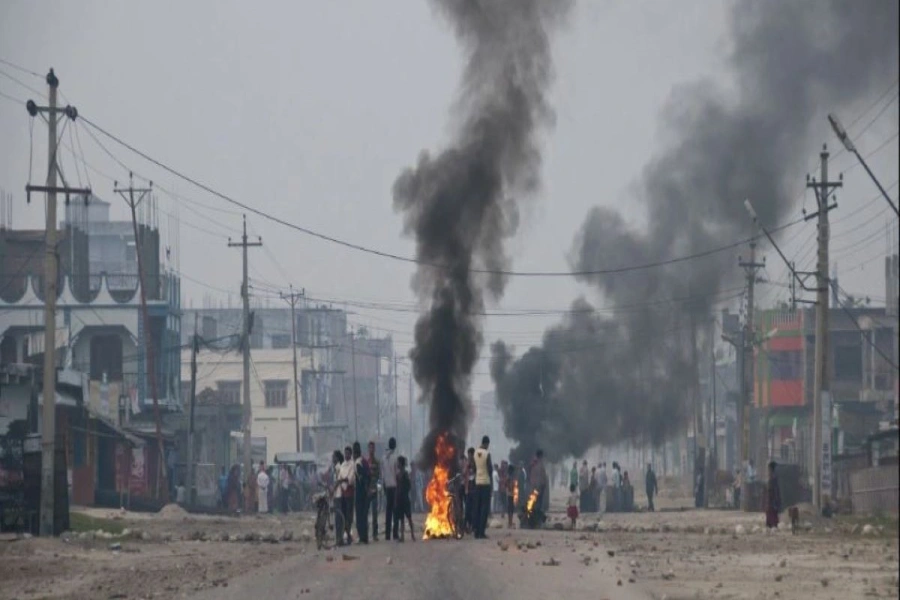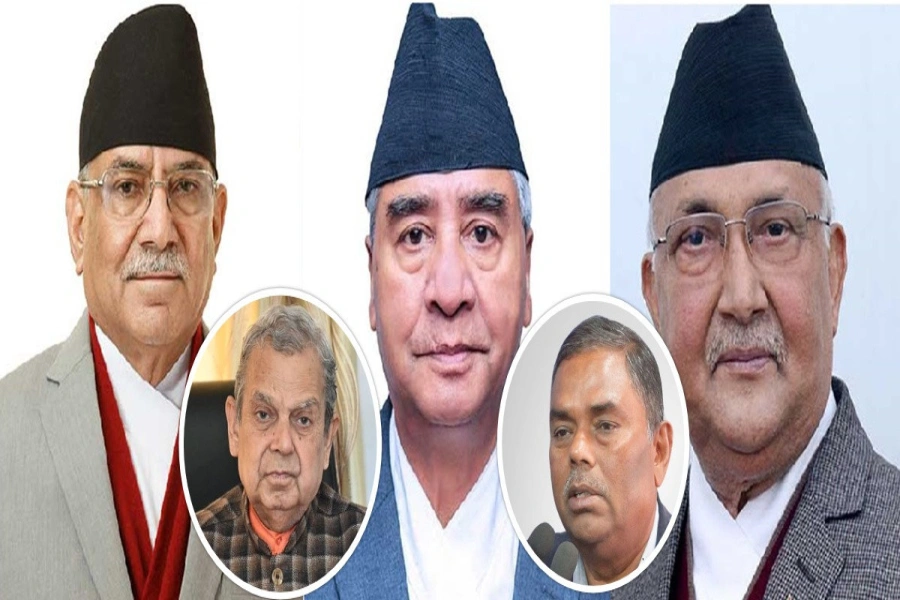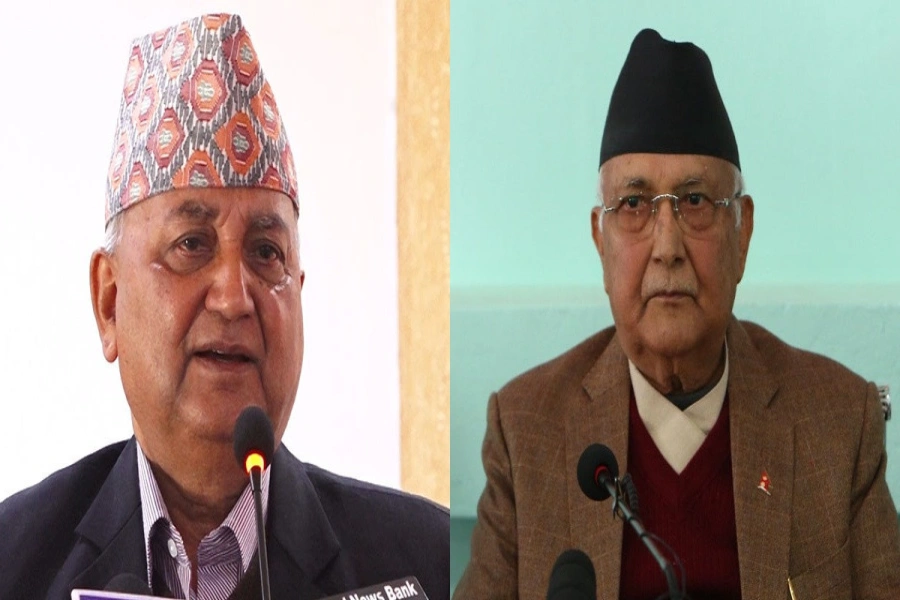KATHMANDU, Dec 3: How long should it take for a bill to be passed from parliament after it has been introduced? Neither the constitution nor the parliamentary rules specify a time limit. Traditionally, the winter session is referred to as the bill session, while the monsoon session focuses on the budget. The constitution requires that the gap between the two sessions must not exceed six months, but it does not impose a deadline for passing bills. As a result, sessions often end with bills stuck in the process, delaying the enactment of necessary laws. Bills left pending may also become inoperative once a parliamentary term ends.
In the previous parliament, 27 bills became inactive, while 12 remained active because they were under consideration in the National Assembly. These include the Prevention of Corruption (First Amendment) Bill 2076 and the Commission for the Investigation of Abuse of Authority (Third Amendment) Bill 2076, which are still under review by the State Affairs and Good Governance Committee in the House of Representatives, in 2081 BS. The government withdrew the remaining bills.
Officials at the Parliament Secretariat note that amendments to laws are typically introduced within five years of their enactment to address necessary changes. However, they emphasize that when the process itself takes five years, it raises concerns about the potential chaos and the implications for good governance, warranting further discussion.
"The process of bills getting stuck in Parliament continues. In the previous parliament, 27 bills became dormant while 12 bills could not be inactivated, some were withdrawn. If bills are brought to Parliament and remain stuck, no meaningful change can occur," an official analysis states.
Stack of bills stalled in National Assembly

Even now, only 12 bills have been passed since the new parliament came into power. Over two dozen bills, including the Federal Civil Service Bill, School Education Bill, Constitutional Council Bill, Customs Bill, and Electricity Bill, are still stuck in Parliament and various committees.
Government ministers have emphasized the need to address this issue seriously. On Kartik 30 (November 15), during a meeting of the State Affairs and Good Governance Committee, Home Minister Ramesh Lekhak urged that the rules be amended to ensure that if there is a delay in preparing a bill by MPs, the government’s bill will be passed.
"How many days should the bill stay in the committee? Let's set a limit, whether it's 30 days, 60 days, 90, or 140. If it doesn't advance during that period, we should make arrangements for it to pass through the committee in its original form or be rejected," he said, “Otherwise, we will find ourselves in a difficult position to explain."
He further expressed frustration that an important bill related to authority and corruption control, introduced in 2076 BS, was still being discussed in 2081 BS. Lekhak emphasized that instead of allowing bills to get stuck, there should be a provision in the House of Representatives Rules and the National Assembly Rules to complete the parliamentary process within a specific timeframe.
He said that a time limit should be set for how long a bill can remain in the parliamentary committee and how many days the theoretical discussion should take. "If we do not set a time limit, the bill will not be prepared on time," he said, "We have proposed that the bill be presented in the House within five days of its registration. We have given 72 hours for amendments. Now, let’s specify that whether the House is in session or not, a principled discussion should be held within a certain number of days, it should be sent to the committee within a set time, and the committee report should be received within a specified period."
He further said that if a bill introduced in Parliament is not passed within the designated time, it would be practically impossible to pass it in its original form, which could be harmful to the public. However, if the bill is scrapped and needs to be reintroduced, the analysis suggests that the government will take the lead in ensuring its advance.




































